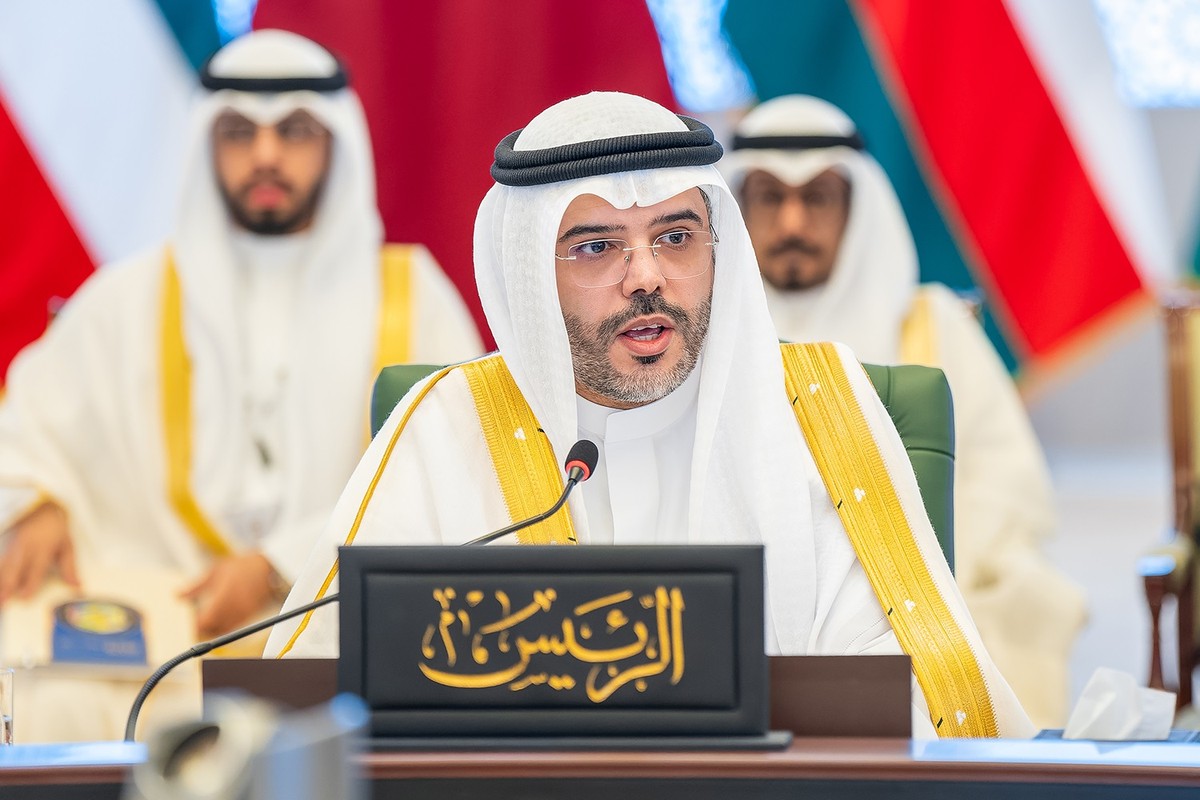02/09/2025
02/09/2025

KUWAIT CITY, Sept 2: Kuwait hosted the 11th meeting of Gulf Cooperation Council (GCC) social affairs undersecretaries on Tuesday, emphasizing citizen welfare, regional unity, and social development.
Acting Undersecretary of Social Affairs Dr. Khaled Al-Ajmi, who chaired the meeting, said the gathering “reflects the Gulf’s united will and places the welfare of citizens at the heart of every development project.” He stressed that “social development is neither a luxury nor an option, but rather a pillar of stability and a building block for nations.”
Al-Ajmi expressed pride in Kuwait hosting the event, noting it “is not just an agenda we review or recommendations we draft, but rather a practical translation of the priorities of people first.” He called for stronger joint mechanisms, turning challenges into opportunities, and deeper cooperation among GCC states.
“Development is an ongoing mission, embodied in caring for the family, empowering youth, embracing the elderly, and supporting the most needy groups so that Gulf society maintains its leading position among nations,” Al-Ajmi added. He affirmed Kuwait’s firm commitment to supporting all joint Gulf efforts and providing the necessary resources to make these meetings a springboard for broader cooperation and integration.
Assistant Secretary-General for Economic and Development Affairs at the GCC General Secretariat, Khaled Al-Sunaidi, echoed Al-Ajmi’s remarks, stressing that “social development is a fundamental pillar of stability and a building block for nation-building.” He highlighted that the GCC population has reached 61 million in 2024, with women comprising 49 percent and the 15-64 age group representing 71 percent, requiring innovative social programs to improve the quality of life.
Al-Sunaidi noted GCC progress in social protection, insurance, women’s empowerment, and care for persons with disabilities and the elderly. “More than six million people benefited from social protection programs in 2023, a 12 percent increase from previous years,” he said, reflecting the region’s response to citizens’ needs.
He also cited challenges, including the digital divide affecting 15 percent of low-income households, economic shifts, and global crises impacting vulnerable groups. Al-Sunaidi said the meeting provides an opportunity to discuss cooperation in social work, consider proposals, issue recommendations, and submit them to ministers at their next session, aiming for practical outcomes that strengthen integration among GCC states.
Al-Sunaidi expressed gratitude to His Highness the Amir of Kuwait, Sheikh Meshal Al-Ahmad Al-Jaber Al-Sabah, current chairman of the GCC Supreme Council, and to Gulf leaders for their continued support. He also thanked Kuwait’s Ministry of Social Affairs for its hospitality and organization and praised Qatar for chairing the previous session in 2024.



